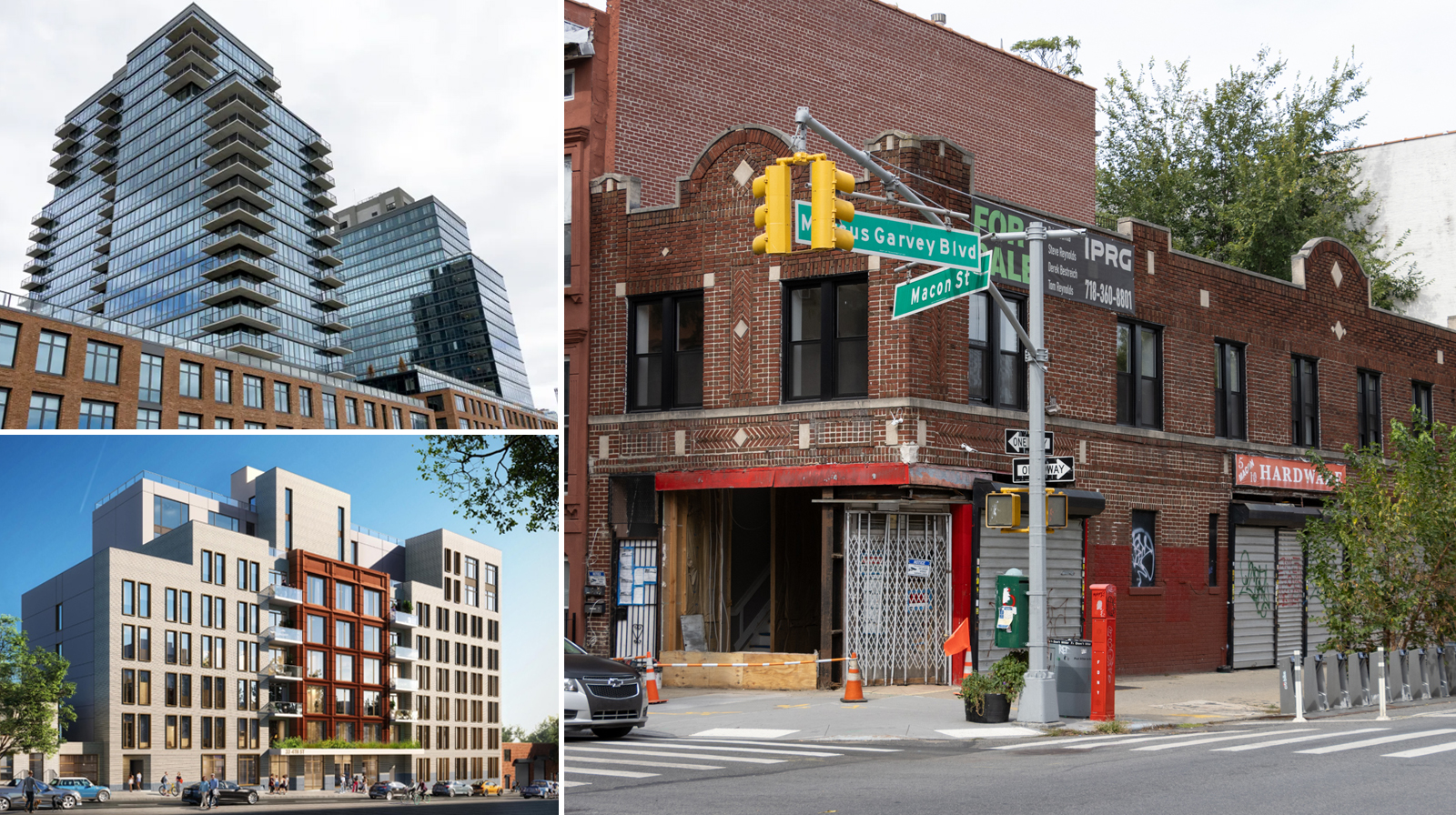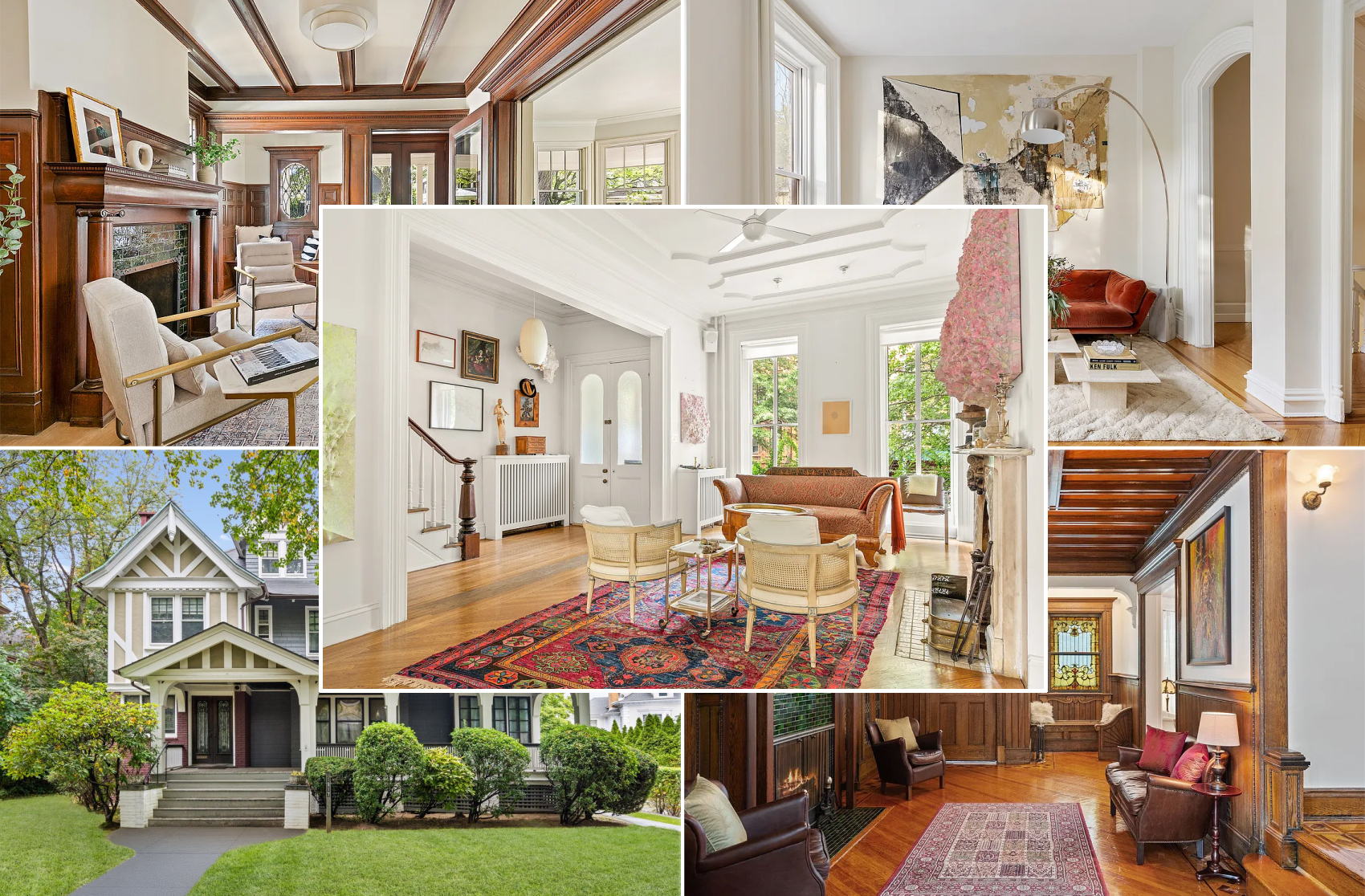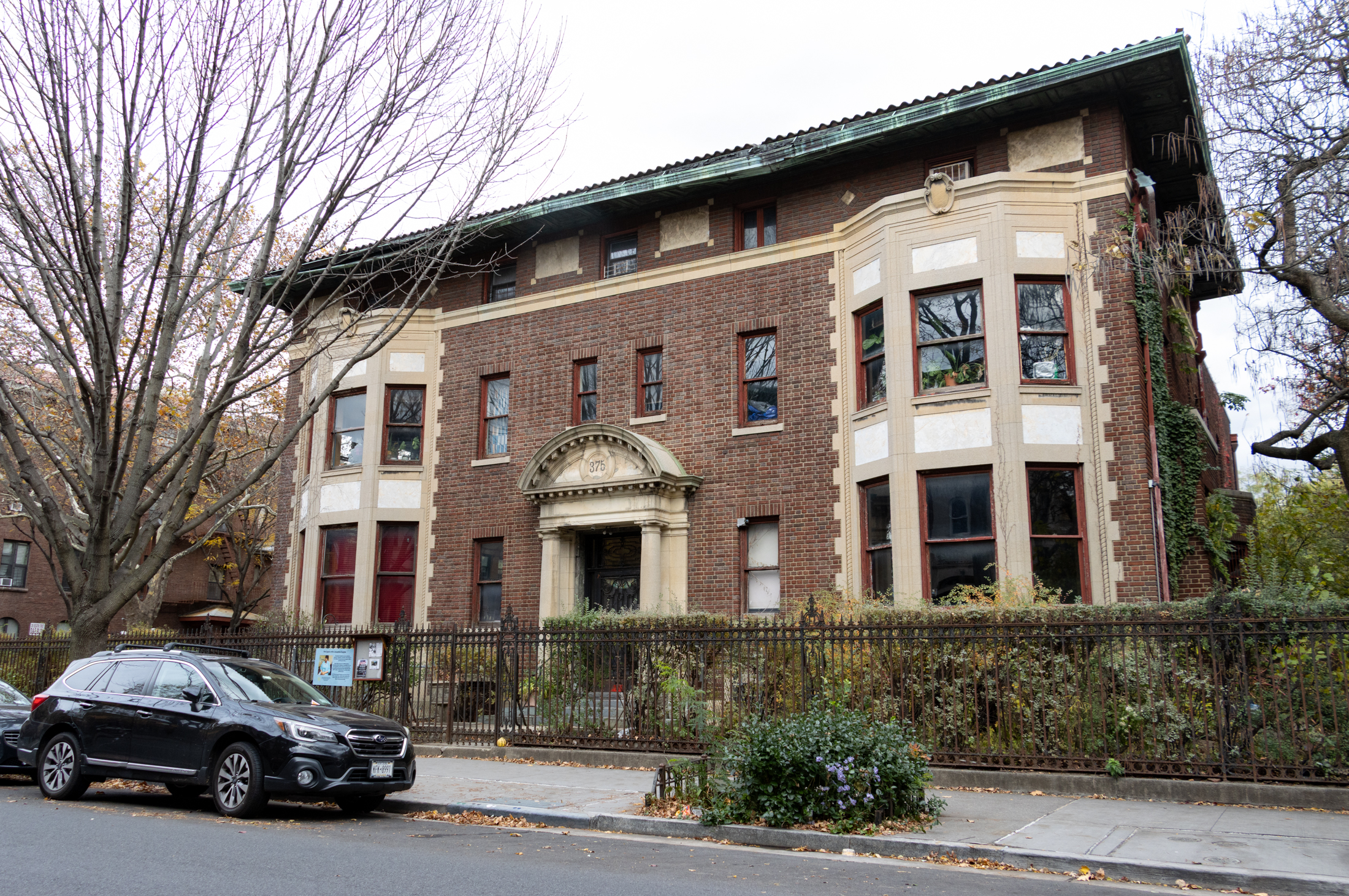Heights Rent-Controller Out on a Technicality
“Rob a bank, and if the federal government doesn’t catch you in five years, you’re off the hook,” said Josh Barbanel in a Times story this weekend, but for Robert Nocco, no statute of limitations could save him: the new owner was able to rummage back to 1976 to challenge Nocco’s right to a rent-controlled…

 “Rob a bank, and if the federal government doesn’t catch you in five years, you’re off the hook,” said Josh Barbanel in a Times story this weekend, but for Robert Nocco, no statute of limitations could save him: the new owner was able to rummage back to 1976 to challenge Nocco’s right to a rent-controlled apartment in Brooklyn Heights, at 222 Henry Street. Mr. Nocco’s parents moved into the apartment about fifty years ago, the article explains, and until June, Mr. Nocco, who was paying $212 in rent every month, had thwarted several legal attempts to remove him from the apartment. The current owner (who paid $386,566 for the five-story building in 2005, according to Property Shark) took his case to state housing regulators and noted that in 1976, Mr. Nocco rented another apartment in Brooklyn, while his parents moved to Florida. Since regulations would require Mr. Nocco to have lived with his parents for two years prior to taking over a rent-controlled apartment, this was enough for a housing officer to rule in the landlord’s favor. The two parties reached a settlement (in the very low six figures), and Mr. Nocco moved out in June.
“Rob a bank, and if the federal government doesn’t catch you in five years, you’re off the hook,” said Josh Barbanel in a Times story this weekend, but for Robert Nocco, no statute of limitations could save him: the new owner was able to rummage back to 1976 to challenge Nocco’s right to a rent-controlled apartment in Brooklyn Heights, at 222 Henry Street. Mr. Nocco’s parents moved into the apartment about fifty years ago, the article explains, and until June, Mr. Nocco, who was paying $212 in rent every month, had thwarted several legal attempts to remove him from the apartment. The current owner (who paid $386,566 for the five-story building in 2005, according to Property Shark) took his case to state housing regulators and noted that in 1976, Mr. Nocco rented another apartment in Brooklyn, while his parents moved to Florida. Since regulations would require Mr. Nocco to have lived with his parents for two years prior to taking over a rent-controlled apartment, this was enough for a housing officer to rule in the landlord’s favor. The two parties reached a settlement (in the very low six figures), and Mr. Nocco moved out in June.
Rent-Control Rights Stripped Away [NY Times]





If anyone doubts that rent control will be around for a long time, I assure you it will be around for a long long time.
The last survivor’s pension for veterans of the Civil War was paid in 2003, and those pensions were not transferable from generation to generation.
http://www.infoplease.com/ipa/A0908934.html
You all realize there is a difference between rent control and rent stabilization in New York City, right? Rent control was out of control, that is why it didn’t last for very long. And that’s why people who signed rent controlled leases have clung to them for dear life.
Whatever your thoughts are on the above case: Like I’ve said before. There is something very “Un American” about government forcing a private landlord/owner to charge below market rents without compensation. Not that I feel sorry for NYC landlords, secretly, they love R/S as it helps keep the vacant housing stock low and the market artificially high plus it keeps the city and state from really doing anything serious about affordable housing.
I am so sick of hearing people complain about rent stabilization. There are 2 vacant RS apartments in my building right now and not one of you people would want to live here. There’s too many shootings in the area, not enough restaurants, coffee shops, cute baby clothing stores, no organic groceries. The apartments? Horrifying, no hardwood floors, appliances aren’t new, big fat cockroaches that come out when it rains, mice, there’s even carpet and linoleum!
Stop pretending that every RS apartment is in a fabulous building, in a fabulous neighborhood, with brand new appliances, perfect hardwood floors, newly renovated, and inhabited by wealthy leeches intent on screwing everyone. None of you would deign to live in half of the RS buildings in NYC, you’d run home with your tails between your legs after the 1st shooting.
Yup,
The NYC rent laws are joke written by tenant attorneys to steal private property from the only folks who ever PAID for it — landlords!
Pete – I (for one) am not arguing that their is no benefit to RS – I agree, effectively administered it can stabilize neighborhoods – but it is administered poorly (for example what sense does it make to force a below market-rate rent for a NEW tenant who may not even come from the neighborhood – or the city), or to Deregulate a longtime tenant whose rent goes to $2000 a mo (regardless of the size of the apt) who makes 170K BUT if the legal rent is below $2000 it doesnt matter if the person makes $1M a month.
“But the ability to inherit a rent-controlled apartment, with no other requirement than to be related to the original tenant is absolutely absurd. ” – wrong, person has to be living in the apt. for some detemined length of time. That rule is that you don’t get kicked out of your home just because mom died.
IN a city where renting has always been by far the predominant method to housing , I see the rent stabilization program a benefit to economic stabiliy of neighborhoods, the city, and individuals. There is not much choice economically for vast majority of citizens of this city for housing. Landlords and landowners benefit from this (myself included).
Our economic system is stacked heavily toward those of us who have economic means and capital. So if majority of citizenry see fit to temper that power a bit in certain areas (like regulating a certain class of housing) then live with and work with it. If don’t want to invest in that type of housing don’t.
We certainly don’t object to government regulation when protecting our investments thru FDIC, SEC, etc, etc.
Incorrect – many new construction projects built under various Govt programs are in fact tied to R/S…. and
again thousands of the “luxury” decontrolled apartments (like Stuy Town ) now face the prospect of being re-regulated and the likelihood that the $2000 bar will remain is slim. RS is alive today as it ever was and is decidedly not slowly dying off (as you suggest) , despite publicity to the contrary.
FSRG, like I said, it takes time…. and yes, I meant decades. But no one can deny there are fewer and fewer RC apts every year, and there are only 50k of them right now.
There are fewer and fewer of RS apts every year, too (although there are a lot of them). No new construction is Rent Stabilized, so each year the percentage declines
Buildings with fewer than 6 units aren’t regulated, either, unless the tenant has been in place since the 1950s. This is most of Brownstone Brooklyn.